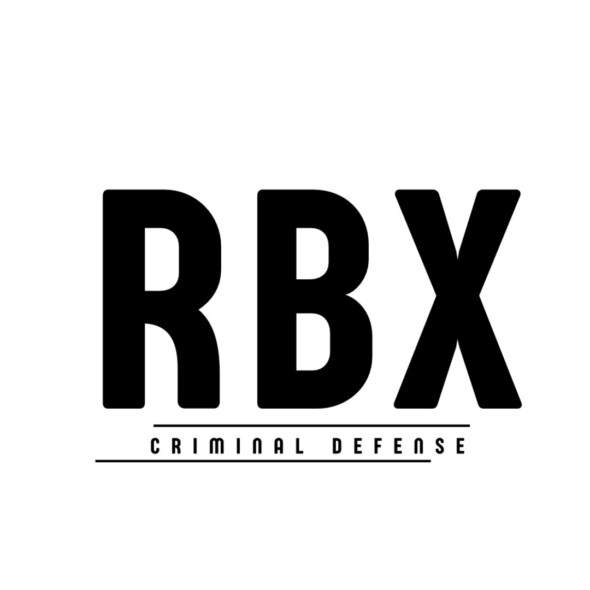What is Minor in Possession?
Minor in possession is when a person under the age of 21 possesses alcohol in public. It is also known as “MIP.” (See Business and Professions Code §25662.)
What is possession?
Possession means having control or the right to control an alcoholic beverage. A person does not have to actually hold or touch an alcoholic beverage to “possess” it. Two or more person can possess an alcoholic beverage at the same time.
What is an alcoholic beverage?
An alcoholic beverage is a liquid or solid material intended to be consumed that contains one half of one percent or more alcohol by volume.
Minor in Possession Punishment
The punishment is a fine of $250 or 24-32 hours of community service. The punishment for a second conviction is a maximum fine of $500 or 36-48 hours of community service.
A conviction can also have academic consequences, including academic probation. The defendant can avoid some or all of the academic consequences if a jury finds them not guilty, a judge dismisses the charges, or they successfully complete a diversion program.
As of January 1, 2020, a conviction does not result in a one year license suspension (See SB 485.)
Minor in Possession Defenses
Authorized Possession
A person does not unlawfully possess alcohol if they are following the reasonable instructions to deliver or dispose of the alcoholic beverage. The instructions must come from a person who can legally possess alcohol, such as their parent, legal guardian, employer, or responsible adult. The person must follow the instructions in a timely manner.
Not in Public
Minor in possession applies to public places. This includes streets, highways, public places, or places open to the public. However, it can also apply to a “house party” at a private residence if:
- The party is open to the public;
- A law enforcement officer lawfully entered the residence;
- There is alcohol in plain view;
- The alcohol is in the possession of a person under 21 years old;
- There are 10 or more persons under 21 at the residence;
- Persons under 21 are consuming alcoholic beverages;
- There is no adult supervision.
Call to 911 for Medical Assistance (B&P § 25667)
A person is immune from criminal prosecution if the underage person:
- Called 911 and reported that a person needed medical assistance due to alcohol consumption;
- Was the first person to call 911;
- Remained on the scene until medical assistance arrived.
Alcohol Tasting (B&P § 25668)
A student is immune from criminal prosecution if they tasted an alcoholic beverage as part of a hotel management, culinary arts, or enology or brewing program.
Diversion
This option is available for minor in possession charges. Diversion pauses criminal proceedings while the Defendant completes specific requirements (usually a drug and alcohol course). If the Defendant completes the course and remains free of crime during diversion, the judge or prosecutor will dismiss the criminal case. Diversion may be available before criminal charges are filed. Some colleges offer diversion opportunities in order to hold students accountable without impacting their criminal record. (For example, see UCSB’s CASE Program.)

